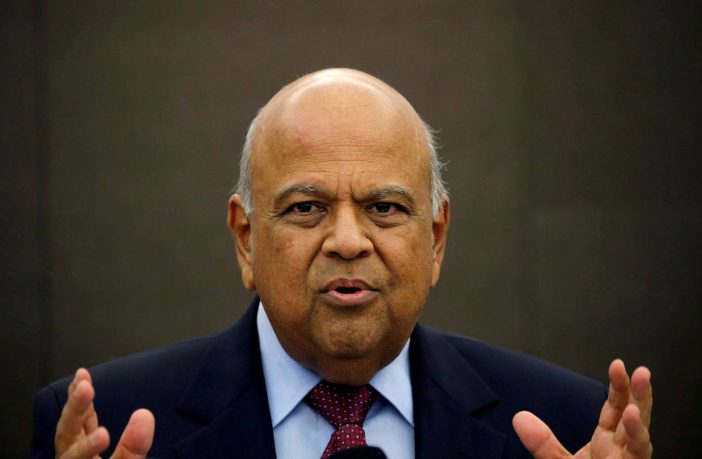- The re-negotiation of terms with successful bidders of the first two rounds of SA’s Renewable Energy Independent Power Producer Procurement Programme (REI4P) would be a clear breach of contract and damaging to investor confidence says the South African Wind Energy Association (SAWEA)
Brenda Martin, CEO of SAWEA says that investor confidence in any public-private programme is contingent on government’s consistent, assured application of procurement law. She was responding to reported informal comments by Minister Pravin Gordhan in parliament this week, which government was considering re-negotiating with companies that won the first two rounds of the REI4P in order to take the pressure off Eskom and electricity tariffs.
“Re-negotiation, besides raising the spectre of breach of contract, would require extensive and careful process to ensure fairness to affected investors while also providing sufficient assurance to prospective investors,” says Martin.
She adds that the Minister made the remarks attributed to him in passing and not part of his formal commentary and that they do not therefore represent government policy. “Thus far, no formal requests for re-negotiation of contracts have been received by any Round 1 preferred bidder,” she confirms.
The REI4P was initiated by government in 2011 as a premier procurement programme with the intent that climate and energy security should be addressed. The need to diversify South Africa’s energy mix as well as transition away from coal-fired power were both primary motivators for the launch of the programme.
To date it has been one of the most successful attractors of investment to SA raising R202bn so far – 24% of which is foreign direct investment. It has contributed 26,840GWh to the national grid and created about 36,500 jobs. South Africans own, on average, 48% equity in all IPPs while black South Africans own, on average, 31% of project equity.
Martin explains that Round 1 projects were bid in line with tariff ceilings offered by government, who recognised that in order to initiate the growth of a market, attractive terms needed to be offered initially. However, consistent rounds of procurement, innovation and expanding global markets have led to dramatic cost reductions and a global trend of rapidly declining tariffs to-date.
“SAWEA is mindful of the national imperative to find solutions to Eskom’s financial crisis. However, we question the wisdom of any move to undermine the successful public private partnership that has grown under the REIPPPP, particularly at a time when concerted efforts to attract investors to South Africa are being led by the President, and when bid prices have clearly declined consistently as a direct result of competitive bidding.
“The competitive bidding process under the REIPPPP has resulted in Round 4 projects bid at R0.96/kWh for solar and R0.76/kWh for wind – an average drop in price of over 50% from earlier rounds.”
According to recent models from the CSIR, future wind energy investments alone have the potential to realise 70,000 jobs (in construction, operations and maintenance) through the smoothed allocation of 1.5GW of wind a year between 2021 and 2030 and to make a total GDP impact of about R20bn between 2021 and 2030. That is approximately R200bn in total.
“The renewable sector has proven its capacity to deliver built programmes on time and within budget, and that it has the capacity to take on upfront risk and debt on its own and then rely on power purchase agreements over a 20-year life span to recover that initial investment. It needs the consistent support of government if it is going to continue to deliver benefits for all South Africans,” says Martin.
“We look forward to all affected Ministries providing formal clarity on the off the cuff remark made by Minister Gordhan this week.”
Author: Bryan Groenendaal
Source: SAWEA















